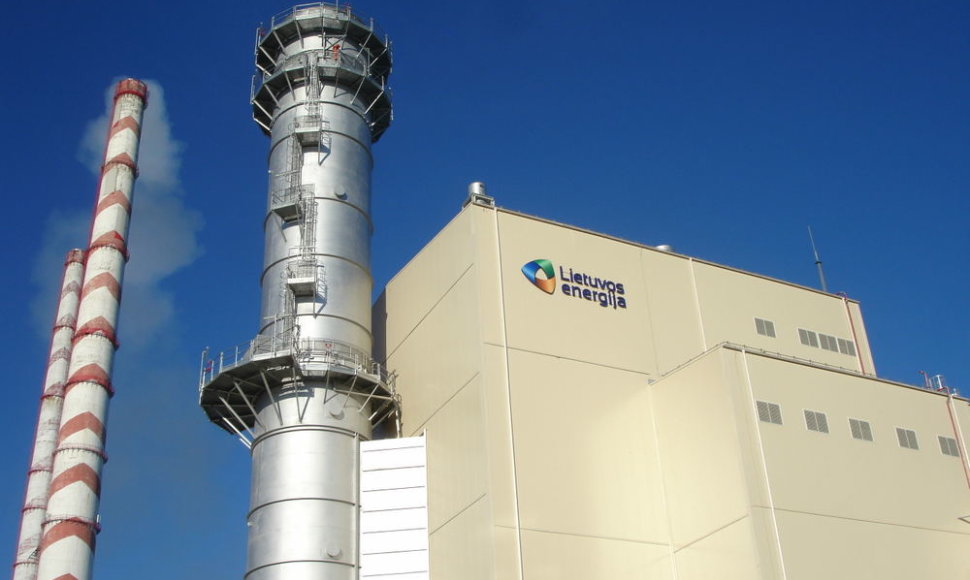Meanwhile, Prime Minister Algirdas Butkevičius said on Friday that he was surprised that the panel was probing those allegations, in particular as Lithuania and Gazprom were nearing the completion of their talks on gas prices.
“The Competition Council’s probe over Gazprom’s actions in Lithuania’s market was inspired a year and a half ago by the previous government. However, it has not been conducted until now. I’d say that it’s a strange coincidence that the Competition Council has started once again to talk about the probe at the time when the talks with Gazprom, which the current government has put many efforts into, are coming to an end, to be more precise, when the Energy Minister spoke up about a possibility to get a lower price of gas for Lithuania,” Butkevičius told BNS on Friday.
According to the sources, the Competition Council is carrying out a probe into Gazprom's actions after Lietuvos Energija last year asked the Russian supplier to sell it gas on a swap basis. With no deal reached, Lietuvos Energija last year turned to the competition authority, they said.
Neither the Competition Council nor Lietuvos Energija would give an official comment on this.
Rima Kaulėnaitė, a spokeswoman for the competition body, did not confirm to BNS that such a probe was underway.
"We won't make any comment. I can't say anything on this issue," she told BNS.
Dalius Misiūnas, a former CEO of Lietuvos Energija and now the CEO of Visagino Atominė Elektrinė (Visaginas Nuclear Power Plant, or VAE), also told BNS that he could not give any comment on this issue.
It was reported in February 2012 that Lietuvos Energija had found a supplier in Western Europe that would sell it natural gas under more favorable conditions and proposed a natural gas swap deal to Gazprom Export.
Under the deal, part of gas that the Russian company supplies to Poland via Belarus would be diverted to Lietuvos Energija and the resulting gas shortage in Poland would be covered from gas purchased by the Lithuanian company.
It was said at that time that Gazprom would make its position known in March, but it has not done so until now.
The European Commission is currently conducting a probe into Gazprom's operations in Central and Eastern European. Among other things, it suspects that the supplier could have imposed unfair prices on its customers by linking the cost of gas to oil prices. The probe is expected to be completed this year.












